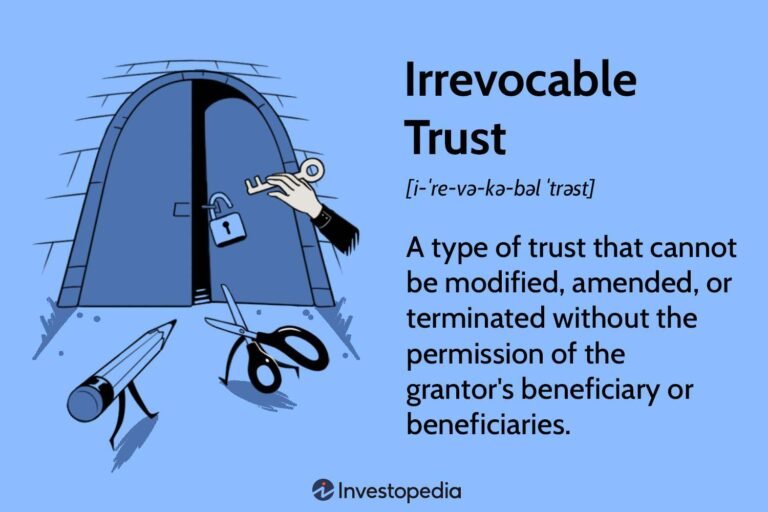Introduction
Receiving a settlement from a personal injury case can be transformative, yet it also presents unique financial challenges. How do you ensure this newfound wealth doesn’t jeopardize your eligibility for essential benefits? This is where a settlement trust comes into play. A well-structured settlement trust safeguards your funds and secures your financial future by maintaining your eligibility for critical public assistance programs.
Understanding Settlement Trusts
A settlement trust is a legal arrangement to hold and manage funds from a personal injury settlement. Beneficiaries can mitigate the risk of losing access to essential public benefits such as Medicaid and Supplemental Security Income (SSI) by placing the settlement money into a trust. This is particularly important because these programs have strict income and asset limits that, if exceeded, can result in the loss of benefits. Creating a settlement trust ensures your funds are used judiciously without compromising your eligibility. The Personal Injury Settlement trust is a specific settlement trust tailored to individual needs, offering asset protection and financial stability.
Preserving Eligibility for Public Benefits
One of the most significant advantages of a settlement trust is preserving your access to public benefits. Programs like Medicaid and SSI are crucial in providing healthcare and daily living support to those in need. These programs are typically means-tested, meaning your eligibility depends on meeting specific income and asset requirements. A settlement trust strategically shelters your settlement funds, preventing them from being counted against you in determining eligibility for these benefits. By doing so, the trust serves as a protective barrier, ensuring continued access to necessary services without the fear of disqualification.
Long-Term Financial Planning
Beyond protecting benefit eligibility, a settlement trust is also a formidable tool for long-term financial planning. This type of trust allows beneficiaries to structure the management of settlement funds according to their specific needs and goals. Whether the objective is to cover immediate medical expenses, future educational costs, or ongoing personal care, a settlement trust provides the flexibility necessary to meet varying financial demands over time. Beneficiaries can tailor the trust terms to optimize financial stability and security by working closely with a financial advisor and legal expert.
Steps to Establishing a Settlement Trust
- Consult with Professionals: Engage with a skilled attorney and a financial advisor experienced in trust management to explore your options and ensure the effective establishment of the trust.
- Designate a Trustee: Choose a reliable trustee, whether an individual or a professional entity, responsible for managing the trust in adherence to the defined terms.
- Draft the Trust Agreement: This agreement is crucial. It outlines how the funds will be managed and distributed, ensuring all parties understand their responsibilities and the beneficiary’s needs are met.
The Importance of Trustee Selection
The choice of trustee is integral to successfully managing a settlement trust. A trustee should possess financial acumen and a deep understanding of the beneficiary’s ongoing and future needs. Their primary role is to manage the trust’s assets, make distributions as necessary, and ensure compliance with all legal obligations. Thus, appointing a trustworthy and competent individual or organization as a trustee is paramount to ensuring that the trust serves its intended purpose effectively.
Conclusion
In summary, establishing a settlement trust is not just about protecting financial assets but is an essential strategy for maintaining access to crucial benefits and securing a stable financial future. With rigorous planning and the proper setup, a settlement trust can safeguard your financial well-being and ensure that your settlement benefits you for the long haul. This strategic financial planning tool provides peace of mind and asset protection, enabling beneficiaries to focus on healing and rebuilding their lives without financial uncertainty.
